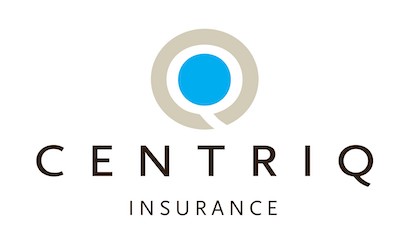
Ernest North, co-founder at Naked Insurance
The global novel coronavirus outbreak could bring about dramatic changes in South African car owner’s behaviour that outlast the pandemic itself – in the process bringing about significant disruption for the car insurance sector.
New generation insurers with lean business models and more flexible products will be best placed to thrive in this new environment.
Our prediction is that many South African companies will be more open to flexible work-from-home arrangements following the relative ease with which large segments of their workforce have taken to remote work. The result could be fewer private cars on the road during commuting hours, along with a reduced need for insurance cover.
Data from vehicle tracking company TrackerSA – analysed by Lightstone – shows that vehicle tracking activity dropped by 20% already as the first social distancing measures were announced in early March. Following the lockdown on all non-essential economic activity, vehicle activity subsequently plummeted by 75% as South Africans did their part to flatten the curve.
We can expect physical distancing measures to last for months beyond the end of the lockdown and people who can work from home may be encouraged to do so for a while yet. Once people are used to working from home and companies have made the technology investments to support a remote workforce, it remains to be seen if things will ever return to the way they were before we’d heard of COVID-19.
One international study from Gartner, part of a series about COVID-19’s impact, showed almost a quarter of companies responding said they will move at least 20% of their on-site employees to remote work permanently. Of course, not every company, job role or organisational culture is well suited to a paradigm of remote working, and there are likely to be those that can’t wait to have everyone under one roof at the office again.
But if just a quarter of companies allow a quarter of their people to come in twice a week rather than every day, it could have a significant impact on car ownership, traffic and car insurance actuarial models. We could see some households question whether their insurance cover meets their needs when they rarely use one of the cars parked in the garage.
The adoption of ride-hailing services such as Uber and Bolt is already raising questions about the future of car ownership and driving. Some professional couples in the large metros are finding that the costs of renting a car for occasional long trips and Ubering for shop runs or short commutes can be lower than car ownership (instalments, insurance, maintenance, petrol, depreciation).
But that debate may take on a new angle if more people start working from home. The myth that everybody has to be in the office from 8-5 has been busted and many companies will embrace remote working in the future. With connectivity and digital tools improving all the time, we could soon live in a world where people with traditional office jobs only drive every second or third day.
Perhaps what we’ll see in this environment is that people will trade more expensive and luxurious vehicles down for more cost-effective alternatives rather than completely getting rid of a second car. But they’ll be looking for insurance that is reasonably priced for the amount of driving they do and the vehicle they own.
Naked has positioned itself for a changing car market since it opened to the public two years ago. It has been clear since we were established that it can no longer be business as usual for car insurance. Not only are driving habits changing, but people are also looking for more transparent pricing and flexible offerings.
The Naked Insurance app has always allowed you to pause the accident portion of your cover and downgrade to stationary cover on the days that you’re not driving, with a single tap. You can usually save up to 50% on your premium and still be covered for theft, fire, natural disasters or anything else that can happen to your car while it is parked. When the lockdown started, Naked recognised the reduced risk while people are stuck at home and subsequently reduced premiums even further so that when you paused your cover, you are only paying roughly 10% of the normal comprehensive premium until end June 2020.
In many dimensions of our lives, COVID-19 will change what we believe to be normal and desirable. Having experienced the full power of some digital tools, consumers may not go back to their old behaviours. Services that are digitally enabled, allow consumers to save money and enjoy convenience are likely to be in demand during the pandemic and beyond.

TRUST – Contact us for personalised insurance solutions.
Centriq’s insurance subsidiaries are authorised financial services providers



